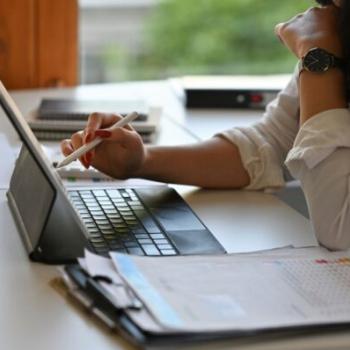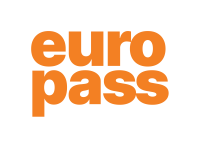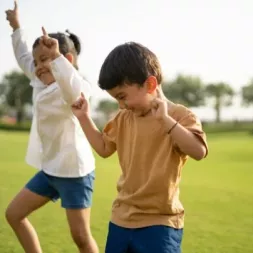
Learning in Motion: Exploring the Link Between Movement, Play, and Academic Success
Participants will learn the benefits of incorporating movement, play, and active games into their lessons to enhance learning, motivation, and concentration. They will gain practical tools and methodologies to create an engaging and student-centered classroom environment that promotes cognitive and physical development.
Description
They say the brain is like a computing machine and runs programs like a PC. However, teachers know well that students don’t like to process information like computers. And neuroscience tells us that the brain learns more when the body is also engaged. Shall we take action to introduce movement into lessons to increase learning, activate the students, and engage them in learning? The course is designed to help teachers realize how much more effective their lessons can be when they exploit the connection between movement, learning, and play as contemporary neuroscience suggests. Participants will learn to create positive change in the classrooms by using active games and movement as primary tools. The course will also explore the importance of play for better motivation and less stress, and how it can be used to improve students' concentration. Hence, participants will practice yoga exercises for kids, and have the opportunity to share their own ideas on how to fix lack of motivation. Additionally, the course will provide new ideas on how to use movement and play to learn and revise teaching content, through teamwork and the creation of common digital materials. Finally, participants will learn how to make an outdoor classroom and engage in active breaks, all while having fun and playing. Participants will be involved in an active learning process, focusing on personal experience and self-expression, combining cognitive and physical elements to learn how neuroscience works. By the end of the course, participants will have a deeper understanding of the importance of movement and play in the classroom and be equipped with ...read more.
Learning objectives
The course will help the participants to:
- Explain the link between movement, learning, and play from a neuroscience perspective;
- Develop strategies and techniques for incorporating movement and play into classroom activities to increase learning outcomes;
- Demonstrate yoga exercises for kids and other active games that can be used to improve students' concentration and motivation;
- Design and implement an outdoor classroom and active breaks to promote engagement and fun in learning;
- Apply educational methodologies such as active, collaborative, and student-centered learning to incorporate movement and play into teaching practices.
--> Download all course info in PDF <--
Methodology & assessment
Certification details
Here's how we ensure your achievements are recognized and validated:
- Certificate of Attendance: Upon successful completion of your course, you will receive a Certificate of Attendance in line with Erasmus quality standards.
- Europass Mobility Certificate: If requested, you can also receive the Europass Mobility Certificate.
- Seamless Administration: We provide assistance and guidance to our participants throughout every step of the project: from the grant application to the final documents.
To make your participation accessible, our courses are designed to allow you to request 8 days of individual support for your subsistence costs. This includes 6 days for the course and an additional 2 days for travel.
Useful resources:
- Live Chat support: Monday-Friday | 8:30-22:30 CET
- FAQ
- Guides to Erasmus+
- OID Numbers and Fiscal Data
A 60 € late registration fee will be applied if you register less than 8 weeks before the course start date.
Pricing, packages and other information
-
Price:480Euro
Additional information
-
Language:English
-
Target audience ISCED:Primary education (ISCED 1)Lower secondary education (ISCED 2)Upper secondary education (ISCED 3)
-
Target audience type:TeacherHead Teacher / PrincipalTeacher Educator
-
Learning time:25 hours or more
Past sessions
More courses by this organiser
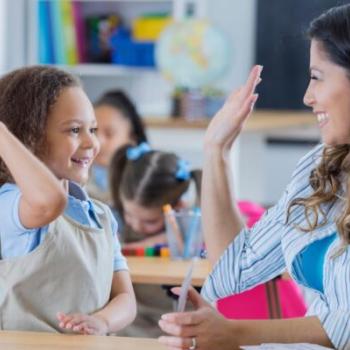
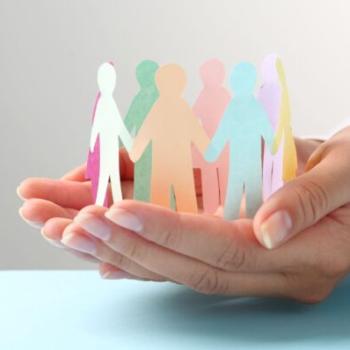
Inclusive Education for School Leaders: Setting the Vision and Agenda
